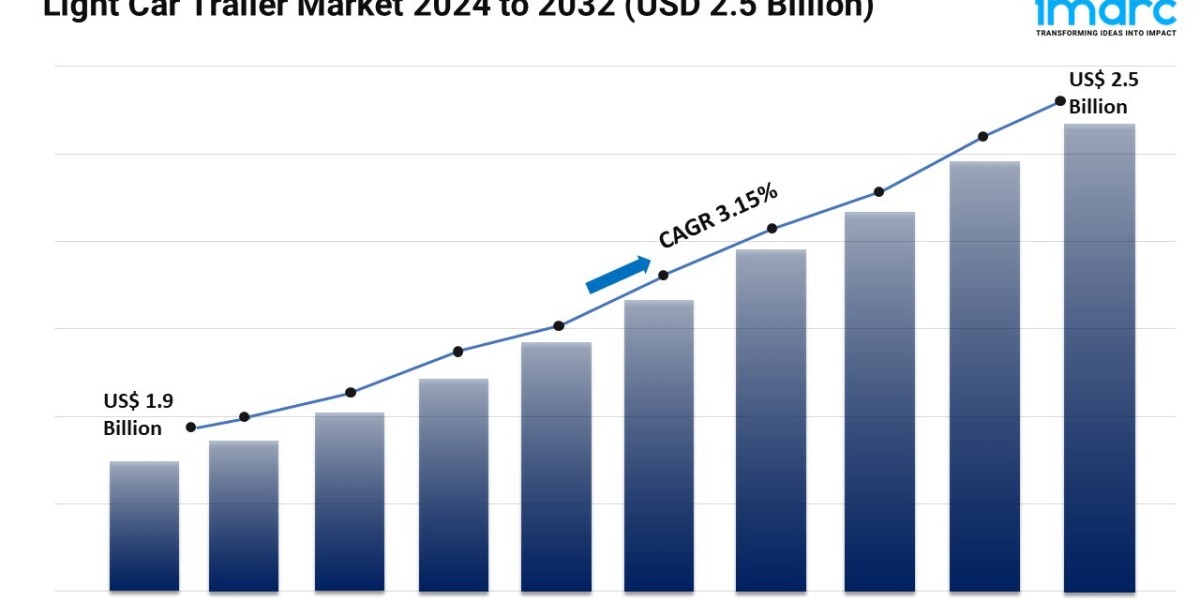Fashion consultancy has become an indispensable service in the fashion industry, providing brands and individuals with the strategic direction needed to thrive in a competitive market. With the ever-changing trends and consumer preferences, fashion consultancy offers expert guidance, helping clients navigate these complexities and make informed decisions that align with their goals.
1. Understanding Consumer Behavior
A key function of fashion consultancy is helping clients understand their target audience. Consumer preferences in the fashion industry are highly dynamic, driven by trends, cultural shifts, and technological advancements. A fashion consultant analyzes market data, conducts surveys, and uses insights to create customer profiles. This enables brands to tailor their offerings, marketing strategies, and even design choices to meet the demands of their audience.
Fashion consultancy focuses on staying ahead of trends, ensuring that brands and individuals don't just follow but lead the market. Consultants study shifts in fashion culture, emerging designs, and material innovations, offering valuable insights that can lead to strategic product development and brand positioning.
2. Brand Strategy and Positioning
Fashion consultancy also plays a crucial role in creating and refining brand identity. In a crowded market, standing out is essential. A consultant will work with a brand to develop a cohesive vision that resonates with its core values and appeals to its target audience. This often involves everything from logo design and visual branding to tone of voice and product aesthetics.
A strong brand identity ensures consistency across all platforms, from marketing campaigns to social media interactions, creating a sense of trust and loyalty with consumers. Consultants help clients craft a narrative that is authentic and reflective of the brand's mission, which becomes key to long-term success in the fashion world.
3. Sustainability and Ethical Practices
As consumers increasingly demand transparency and sustainability from fashion brands, consultants have stepped in to guide businesses in making environmentally and socially responsible decisions. From selecting sustainable fabrics to ensuring ethical labor practices, fashion consultants play a critical role in helping brands adopt practices that align with modern ethical standards.
Sustainability is no longer a niche concern; it has become central to the fashion industry’s future. Consultants help brands implement circular economy principles, source eco-friendly materials, and develop sustainable production processes without sacrificing quality or aesthetics.
4. Digital Transformation in Fashion
With e-commerce and digital platforms becoming dominant in the fashion industry, fashion consultancy also addresses the digital transformation needed for brands to stay competitive. From optimizing online shopping experiences to navigating social media marketing, consultants help clients make the most of digital tools to increase reach and improve customer engagement.
Fashion consultants often offer insights into the use of artificial intelligence, augmented reality, and data analytics to enhance customer experience and optimize supply chains. By integrating these technologies, brands can meet the evolving expectations of tech-savvy consumers and improve operational efficiency.








